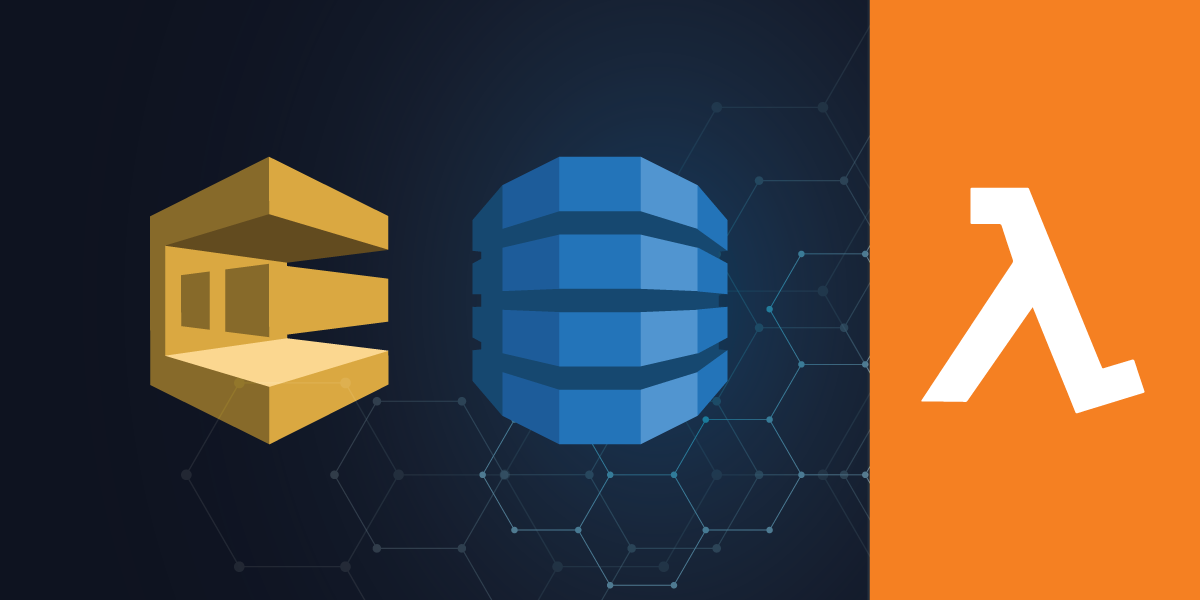
Automated Message Migration From AWS SQS to DynamoDB
Enterprise applications experience a very high volume of notifications that can wreak havoc on applications. Rather than overloading an application, or constantly scaling up and down based on bursts of usage, using a message queue like AWS SQS can throttle the load. By adding messages to the queue, the application can handle them in a more timely and cost-conscious manner.
For this example, you create a PHP serverless microservice on AWS Lambda using this PHP application available on Github that uses Bref, and Serverless. The serverless application migrates messages from AWS SQS to Amazon DynamoDB, and then deletes the message from SQS after they are handled.
Prerequisites
- PHP 7.4 (update
serverless.ymlfor other versions) - Composer installed globally
- Node.js and npm
- Serverless Framework
- AWS account
Setup Instructions
Clone the nexmo-community/messaging-aws-sqs-dynamodb-php repo from GitHub, and navigate into the newly created directory to proceed.
Use Composer to install dependencies
This example requires the use of Composer to install dependencies and set up the autoloader.
Assuming you have Composer installed globally. https://getcomposer.org/doc/00-intro.md#globally
composer install
AWS Setup
You will need to create AWS credentials as indicated by Serverless.
Also, create a new SQS queue using the default settings. Make note of the ARN for later use.
Lastly, create a new DynamoDB table using the default settings. Make note of the table name and ARN for later use.
Note: Ensure the primary key field name you set for the DynamoDB table matches the message ID in your SQS queue items. For this example, we used
messageId.
Update Environment
Rename the provided config.yml.dist file to config.yml and update the values as needed from AWS and DynamoDB, then save.
AWS_REGION: us-east-1
AWS_VERSION: latest
AWS_DYNAMODB_TABLE_NAME:
AWS_SQS_ARN:
AWS_DYNAMODB_TABLE_ARN:
Deploy to Lambda
With all the above updated successfully, you can now use Serverless to deploy the app to AWS Lambda.
serverless deploy
Invoke
If there are already messages in SQS, you can test the migration of these from SQS to DynamoDB by invoking the function by using Serverless locally:
serverless invoke -f sqstodynamo
Note: Above shows the use of function name
sqstodynamoas created in the defaultserverless.ymlin this example.
For testing, you can add messages to SQS through the AWS Console website, or you can look at this repo for an example of how to add SQS messages through a typical HTTP POST request containing JSON.
Automate
To automate the usage of this function, you can add the newly created Lambda as a Lambda Trigger for your SQS instance.
By adding the trigger, it ensures that any new SQS messages call the Lambda function to automatically move the message to DynamoDB, therefore, removing the message from SQS.
Contributing
If you have any questions or run into troubles, you can reach out to @VonageDev on Twitter or inquire in the Vonage Community Slack team. Good luck.